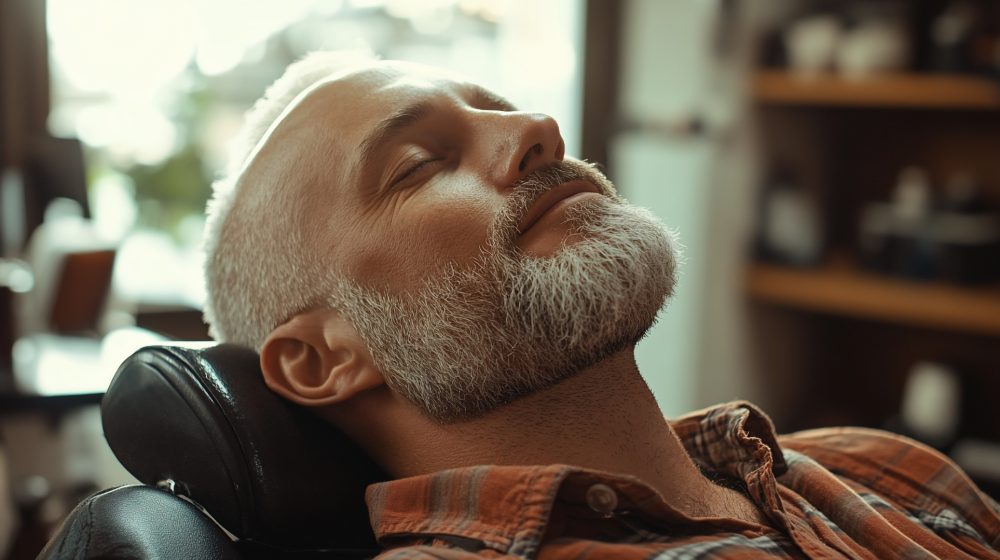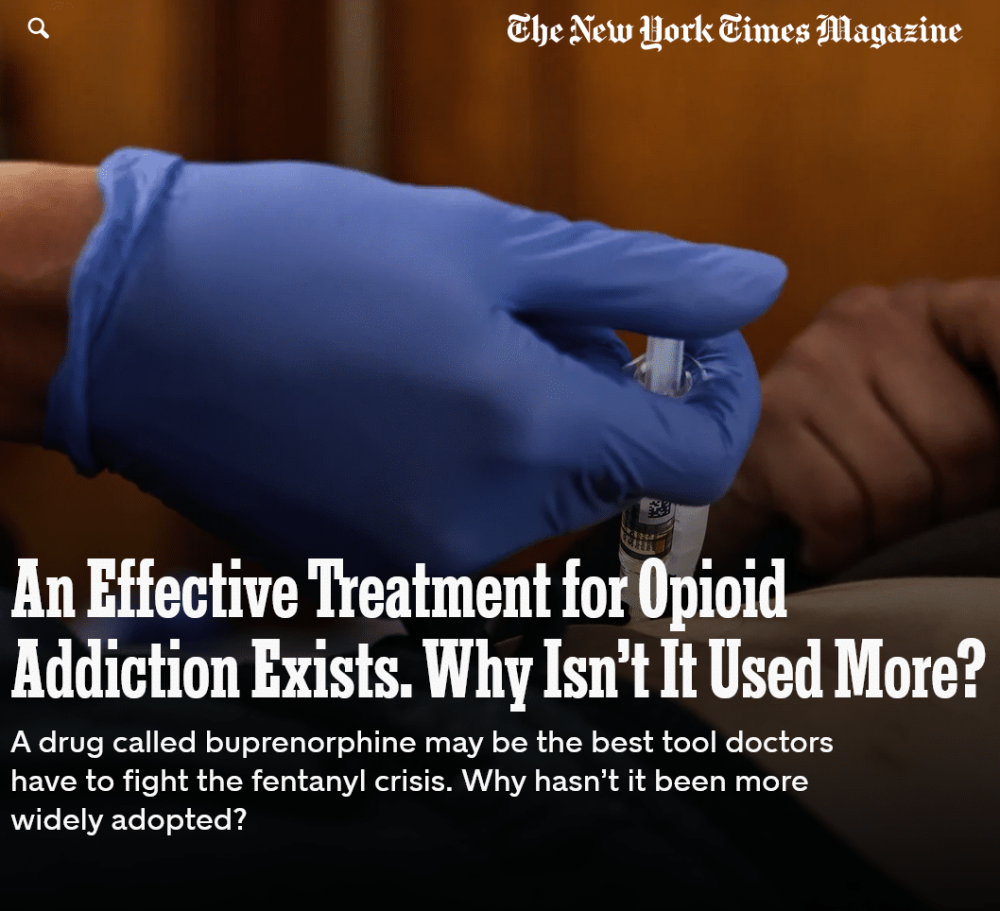Isolation with opioid use is extremely dangerous. It is common for those with substance use disorder to use on their own. With the outbreak of COVID-19, the number of people using substances has increased. There are several reasons someone may use opioids on their own or feel the need to return to opioid use after time spent in recovery. However, there are ways to reach or maintain sobriety. Gallus Medical Detox Centers can help take the first step into stopping opioid use.
Dangers of Using Opioids Alone
When using opioids, there is always the risk of overdose. Using opioids alone heightens the chances of overdose leading to death, without someone to call for medical help or administer naloxone. Naloxone is a life-saving medication that blocks the effects of opioids on the body. With COVID-19 social distancing rules in effect, those with substance use disorder are more likely to use alone.
COVID-19 has also affected how people obtain drugs. Those who use opioids may be buying drugs from unfamiliar sources to continue to use or avoid withdrawal symptoms. Not everybody has the same drugs, and some substances may be cut with fentanyl or other dangerous synthetic opioids. Some people may not be able to obtain substances at all. A lack of substances may cause uncomfortable withdrawal symptoms that can lead to death. Additionally, when someone uses drugs after a period of non-use, they may use too much. A lack of tolerance developed during a period of abstinence can be deadly. Lack of sources to obtain drugs dramatically increases the risk of overdose.
With business shutting down due to COVID-19, many needle exchanges are closed. Needle exchanges ensure clean needle use. When drugs are used without sterile needles, there is a risk of HIV and AIDS.
How Isolation Can Lead to Opioid Use
There are several reasons isolation may lead to opioid use. Too much free time is a factor in developing substance use disorder or dependency. Many people begin abusing opioids as a result of boredom and having too much time on their hands. However, these substances rewire the brain, causing opioids to provide more satisfaction than other daily activities. As a result, the person using opioids becomes more and more likely to use substances as the first defense against boredom. With COVID-19, there is an increased chance of idle time due to work, school, and social activities being halted.
Those struggling with depression and anxiety are at greater risk of isolating themselves. Fear of being around others or depression symptoms that makes it hard to get out of bed can lead somebody to separate themselves from friends and family. When someone is isolated from others, they may feel that using substances is the only way to stop depression and anxiety symptoms.
With the effects of COVID-19, many support groups have stopped meeting in person. Lack of a support system may cause somebody in recovery to feel the need to return to opioid use. Having people around who can talk you out of relapse or talk about your feelings is essential. If you are isolated for an extended period, you may lose the accountability a support system provides. Some may feel that if nobody is around to see or notice that they have returned to opioid use, they can get away with it.
Maintaining Recovery in Isolation
If someone has obtained sobriety and isolation has caused them to think of using opioids again, there are many solutions. Talking to others can decrease feelings of isolation and the risk of relapse. Setting up phone calls with family, friends, or a sponsor can provide routine and accountability. Talking to somebody about how you are feeling is essential to the recovery process.
Asking for help can reduce the risk of returning to opioid use. However, asking for help may be accompanied by feelings of guilt. Someone may feel they are past the point of needing help or are ashamed of wanting to return to using opioids. Cravings are a normal part of recovering from substance use disorder, and guilt may make these cravings worse. Reaching out for help and talking about your feelings or getting recommendations for new coping strategies can help avoid relapse.
COVID-19 may have affected the daily routine that someone has in place. Some of these activities may not be available due to social distancing restrictions. Finding new activities can help create new routines and fight off feelings of boredom. Remaining flexible and adapting to new circumstances is crucial to the process of recovery.
Isolation can have deadly effects on opioid use. There are several dangers to using opioids alone, which may lead to overdose and death. Isolation, especially during COVID-19, can lead to opioid use and developing substance use disorder or dependency. Talking to others, asking for help, and finding a new daily routine may help you avoid returning to opioid use.
If you are in recovery from opioid use, it is essential to find ways to fight off feelings of isolation to prevent relapse. If you or a loved one struggles with opioid use or have relapsed, Gallus Medical Detox Centers can help. We provide safe and effective treatment to avoid the uncomfortable, scary feelings and symptoms associated with withdrawal. Our expert medical staff uses The Gallus Method to personalize treatment and promote optimum comfort and ease for the individual. The Gallus Method includes IV therapy, cardiac and video monitoring, daily physician visits, and 24/7 medical staffing. There is dignity in healing.


 Steve B
Steve B 
